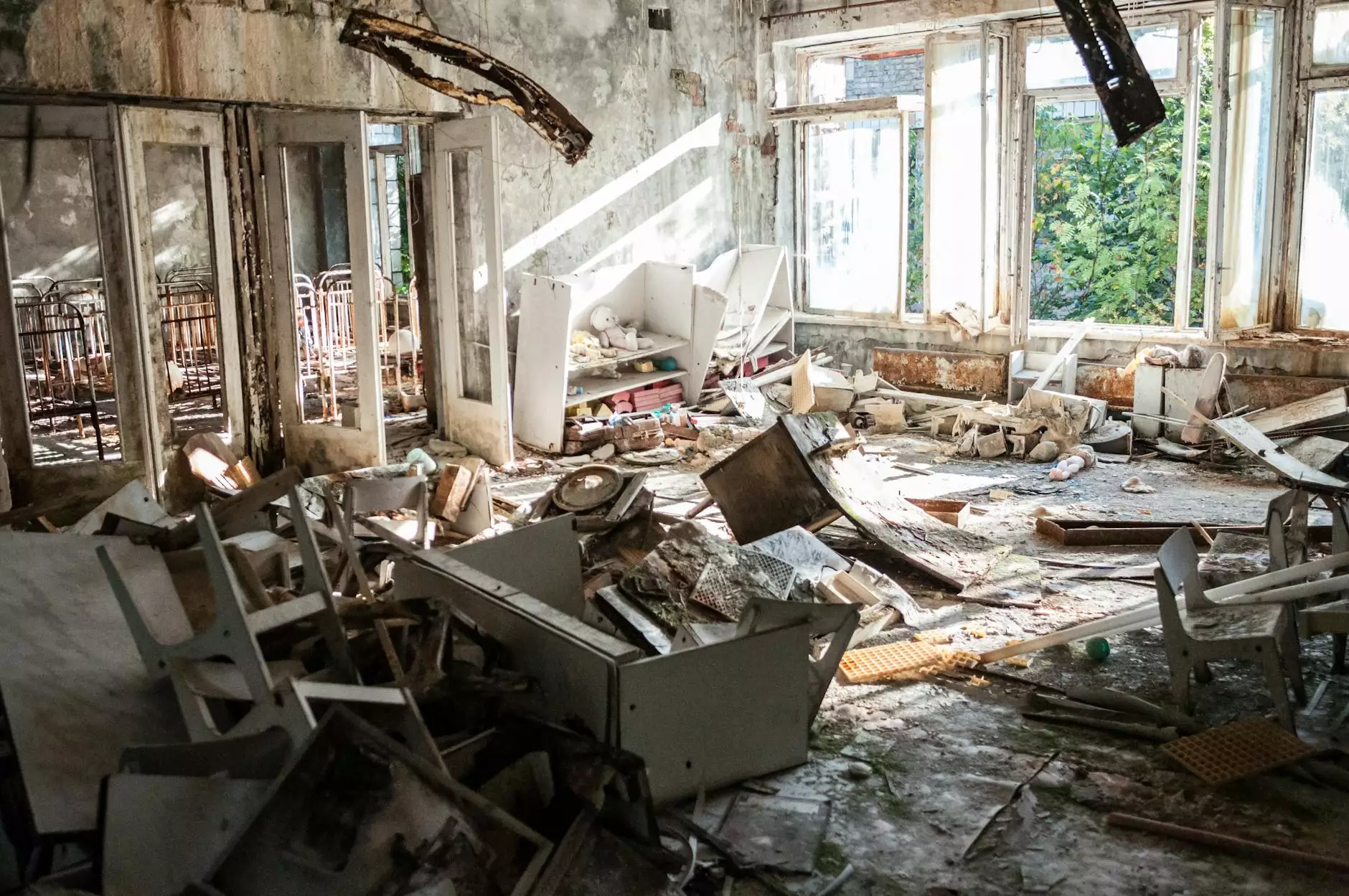Understanding House Condemnation: Exploring the Implications

When it comes to real estate matters, it is crucial to be well-informed about various aspects that can affect property ownership and investment. One such matter that often arises is the concept of a condemned house or property. In this article, we will delve into the meaning and implications of a condemned house, shedding light on the legal, safety, and financial aspects associated with these unfortunate situations.
1. Defining House Condemnation
In simple terms, a condemned house refers to a property that is deemed unfit, dangerous, or uninhabitable by the governing authorities such as local municipalities. Official condemnation typically occurs after a thorough inspection by these regulatory bodies. This process is conducted to protect the safety and well-being of individuals who may otherwise be at risk if they were to reside or spend time in the property.
2. Reasons Why a House Is Condemned
There are several reasons why a house or property may be condemned. Some common factors include:
- Structural Issues: Severe structural damage, such as a crumbling foundation, dilapidated walls, or compromised load-bearing elements, may render a house unsafe.
- Code Violations: Houses that fail to meet building code requirements may be condemned. These code violations could involve electrical, plumbing, or HVAC systems that are outdated, faulty, or unsafe.
- Health and Sanitation Concerns: Properties with significant mold infestations, extensive water damage, or pest infestations – such as termites or rats – pose health risks and can be condemned.
- Fire Damage: Houses that have experienced significant fire damage, making them hazardous or uninhabitable, may be condemned until extensive repairs can be made.
3. Legal Implications of a Condemned House
When a house is condemned, legal ramifications come into play. It is essential to understand the following legal aspects:
3.1. Eviction and Displacement
If a property is condemned while individuals reside in it, the occupants are typically required to vacate. Eviction notices may be served, ensuring the safety and well-being of the tenants or occupants.
3.2. Notice and Opportunity to Remedy
Oftentimes, before a property is condemned, the property owner or homeowner receives a notice outlining the violations or issues that need to be rectified. This notice provides an opportunity to remedy the situation by conducting necessary repairs or upgrades.
3.3. Demolition or Repair Requirements
Depending on the extent of the property's condition, the local authorities may require the property owner to either demolish the structure entirely or conduct extensive repairs. Failure to comply with these requirements may result in fines or other legal action.
4. Financial Considerations
A condemned property can have significant financial implications on property owners. These may include:
4.1. Loss of Property Value
Condemned properties generally experience a substantial decline in value. The label of "condemned" associated with a property can make it challenging to sell or even secure a mortgage.
4.2. Repair and Rehabilitation Costs
Property owners are often faced with the financial burden of conducting repairs or rehabilitating a condemned property in order to restore it to a habitable state. The costs involved can vary widely depending on the extent of the damage and the necessary repairs.
4.3. Insurance Implications
Insurance companies may refuse to provide coverage or renew policies for properties that have been condemned. It is essential for property owners to consult with insurance providers to understand the specific implications and options.
5. Seeking Rehabilitation and Reoccupancy
While the condemnation of a house can be a distressing situation, there may be opportunities to rehabilitate the property and regain its habitability. To proceed in this direction, it is vital to follow the required legal and safety protocols, including obtaining necessary permits, working with qualified contractors, and ensuring compliance with building codes and regulations.
Conclusion
In summary, a condemned house refers to a property that has been designated as unsafe or uninhabitable by local authorities due to various reasons such as structural issues, code violations, or health concerns. Being aware of the legal, safety, and financial implications associated with condemned properties is crucial for property owners, tenants, real estate professionals, and investors alike. By understanding these implications, individuals can make informed decisions and take appropriate actions to address the situation effectively.
what does it mean when a house is condemned








